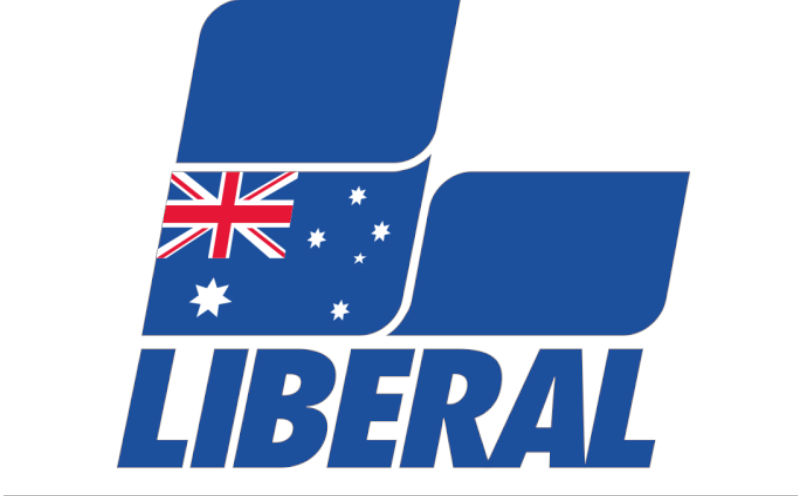The Liberal Party's extraordinary intervention in the 2022 election inquiry
February 18, 2023
The Liberal Party has made an extraordinary intervention into the parliamentary inquiry on the conduct of the 2022 Australian election.
After every federal election the Joint Standing Committee on Electoral Matters (JSCEM) of the Australian Parliament holds an inquiry into the conduct of the election and matters arising. The work of JSCEM has been credited with contributing to trust in Australian electoral administration, for example through generating consensus across parties on policies relating to the pandemic.
Submission 1474 to the 2022 inquiry revealed, however, an extraordinary party intervention. This submission (and submission 1488) included the email sent out from Liberal Party Headquarters on 30 September headed Australian elections decided by Kiwis? This referred to a subsidiary term of reference of the inquiry, concerning enfranchisement of New Zealanders resident in Australia.
The Liberal Party email included a number of inflammatory statements such as Having citizens of other countries vote in our elections would be a fundamental change to Australian democracy and promising that the Liberal Party would stand up for Australias democracy and fight this change. It provided help for enraged recipients to respond directly to the inquiry and hundreds did so, using talking points from the Liberal Party email or simply saying no to New Zealand or non-citizen voters.
The tone of the email was reminiscent of Prime Minister John Howards We will decide who comes to this country and the circumstances in which they come. It stated as a fundamental principle that Australian citizens decide who governs our country, not citizens of other countries. Like the 2001 election slogan it clearly struck a chord. Indeed, this kind of populist rhetoric, called nativism, has been electorally effective in many countries
Dissent from those who received the email was very rare, although expressed in detail in submission 1372: Think about the message you are sending to society when you say to someone that he/she is welcome to support others through taxation or other means but not good enough to have a say in how we are all governed; it smacks of bigotry.
As pointed out in this submission, a number of statements in the Liberal Party email were misleading, for example suggesting that having non-citizens vote in Australian elections would be a fundamental change to Australian democracy. Resident British subjects on the electoral roll before 1984 still have the right to vote for the Australian parliament a point also made by long-term New Zealand voters in submissions 1473 and 1370.
At the time the Hawke Government introduced the new requirement for voters to be Australian citizens there were over a million permanent residents from the UK without Australian citizenship, let alone New Zealanders. The acting Special Minister of State warned British subjects to get onto the roll before the new requirement came into force on Australia Day 1984.
It is interesting that New Zealand resolved the discrimination against permanent residents who were not British subjects in the opposite way to Australia. While New Zealand gave parliamentary voting rights to all permanent residents, Australia gave them to none, unless already on the roll. This creates the anomaly that Australians resident in New Zealand (or the UK) can vote for parliament but this is not reciprocated.
Little has been written about New Zealands more inclusive parliamentary franchise, perhaps because it has been so uncontroversial in that country, but the results appear to have been positive.
Of course, many Australian voters who are not British subjects are citizens of other countries because they have dual citizenship. This is part of the global trend towards dual citizenship, allowed in Australia since 2002 and now by 75 per cent of countries.
Moreover, at the local government level in Australia, property ownership tends to trump citizenship as a qualification for voting on the principle of no taxation without representation, a principle not upheld at the parliamentary level.
The partisan use of parliamentary inquiries, in this case mobilising Liberal supporters to protest against the dangers posed by a Labor Government, somewhat defeats the purpose of collecting a broad range of evidence from organisations and individuals to inform deliberations.
It is reminiscent of a previous misuse of a parliamentary inquiry for partisan purposes when the House of Representatives Economics Committee was used to campaign against Labor policy on refundable tax credits (franking credits) before the 2019 federal election.
The committee chair, Tim Wilson MP, set up a website in the committees name, stoptheretirementtax.com, and provided text that could be used for a submission. The Guardian found that 92 of the inquiry submissions contained almost all of the text he provided, while another 97 contained part of his text. He justified this use of parliamentary resources by saying the parliamentary purpose was to campaign against a piece of policy.
Perhaps one shouldnt be shocked at this kind of manipulation of parliamentary processes. But it does provide some insight into why so many Australians distrust politicians and political parties. And why others, such as deliberative democracy advocates, seek new ways to improve the quality of public reasoning in the federal parliament. Committee inquiries should be central to this, rather than providing a resource for party campaigning.

